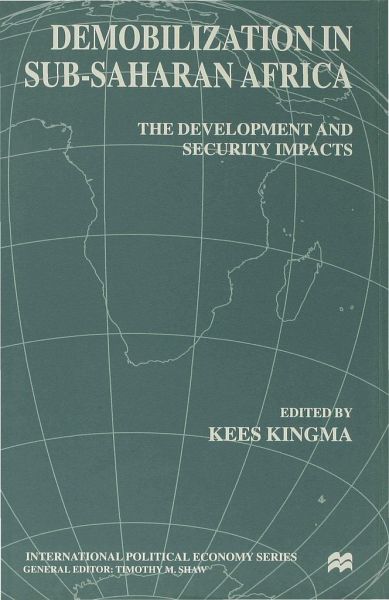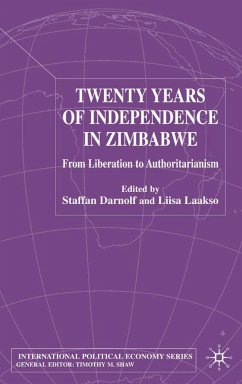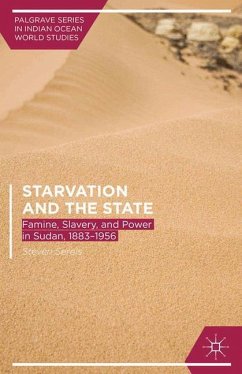
Demobilization in Sub-Saharan Africa
Versandkostenfrei!
Versandfertig in 6-10 Tagen
38,99 €
inkl. MwSt.

PAYBACK Punkte
19 °P sammeln!
In the early and mid-1990s, several African countries demobilised part of their armed forces. This book analyses, in the light of Africa's large development challenges and continuing wars and insecurity, the question: to what extent and how demobilisations have contributed to peace and human development? Where did the soldiers go? What can we learn from the different approaches that have been taken? These questions provide insights in the linkages between development and conflict, and provide lessons for demilitarisation and peace-building efforts in postwar societies.












